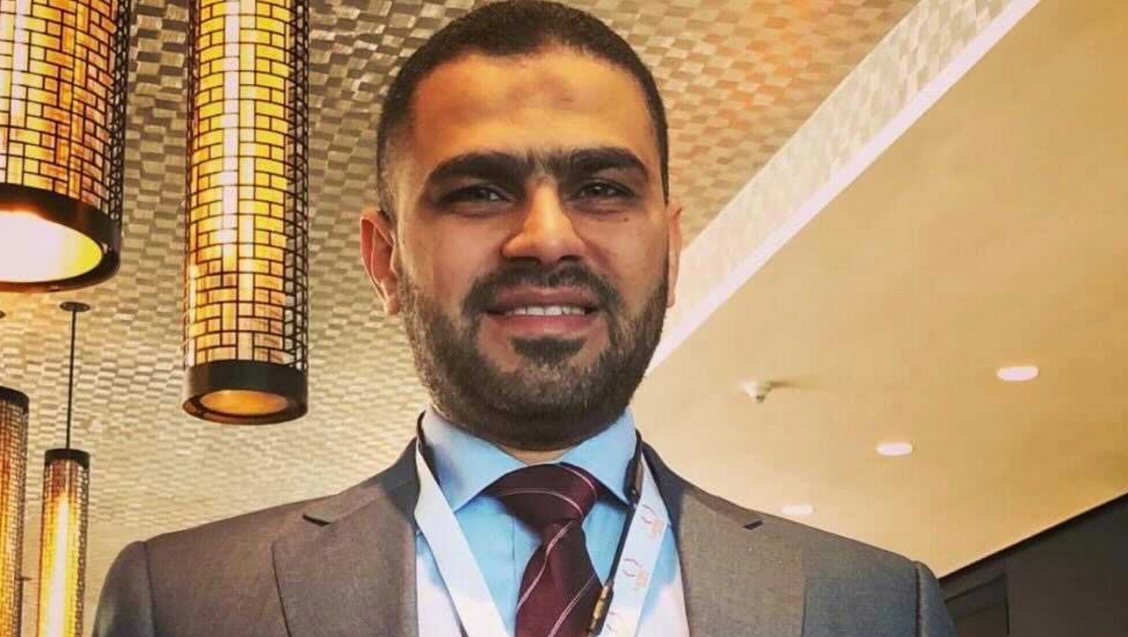
UN special rapporteurs expressed concerns about Morocco’s extradition of Osama Abbas Talal Al-Mahrouqi to Saudi Arabia despite the measures ordered by the UN committee against torture.
In the details of the letter signed by the special rapporteur on torture and other cruel treatment and by the working group on enforced and involuntary disappearances on 19 March 2021, it noted that the Australian Saudi national, named on the Australian passport Osama al-Hassani, was extradited to Saudi Arabia on 13 March 2021 despite the risk of torture.
The Saudi government replied to the letter on 28 April 2021 and the response is still in translation. But by following Saudi Arabia’s approach to UN mechanisms, it is not expected to respond to the rapporteurs’ questions and concerns. While Saudi Arabia has changed its policies in recent years and responded to complaints to show that it is cooperating with UN mechanisms, the responses are deliberately misleading and incorrect information.
The complaint said al-Mahrouqi worked as a co-professor at King Abdulaziz University in Jeddah and as an adviser of business and international trade at the Saudi Ministry of Industry and Foreign Trade. In 2015, he was forced to leave his post as an adviser to the Saudi government, following intimidation and harassment allegedly caused by his critical opinion. He then left the country to stay between Turkey and the UK.
On February 8, 2021, he was violently arrested in Morocco after arriving for a family visit. According to reports, the reason for the arrest is a red notice issued by the International Criminal Police Organization (INTERPOL) at the request of the Saudi authorities, without a warrant of arrest.
According to the letter, Al-Mahrouqi told his wife during a visit on February 10, 2021 that he was pressured to sign the document of his voluntary return to Saudi Arabia, but he refused.
On February 11, 2021, the Public Prosecutor in Saudi Arabia referred a request for Al-Mahrouqi’s extradition to the Moroccan authorities, referring to the Riyadh convention on judicial cooperation. The extradition request states that he is wanted in a case involving a car theft.
On March 12, the UN Committee Against Torture sent a letter to the Moroccan government requesting the application of temporary measures, which means not handing over al-Mahrouqi to Saudi Arabia until the committee considers the case, due to the potential risk of torture under Article 3 of the Convention Against Torture. However, on the same day, and without notifying his lawyer, family or the Australian Consular, information was received to the family indicating that al-Mahrouqi had been handed over to Saudi Arabia. Since 13 March 2021, no information has been available about his fate or whereabouts.
UN experts have pointed out that the extradition of al-Mahrouqi and his possibility of being subjected to torture is a violation of international law, including the Convention against Torture and the Declaration on the Protection of All Persons from Enforced Disappearance.
The letter requested Saudi Arabia to provide full information without delay on the fate and whereabouts of al-Mahrouqi, the conditions of his detention and the treatment he received. The letter also requested detailed information on the factual and legal grounds for his arrest and detention, as well as any official charges brought against him, and the legal provisions used to charge him.
The European-Saudi Organization for Human Rights believes that Saudi Arabia’s reliance on security and judicial conventions is an attempt to justify violations of international laws in cases of extradition. It also points out that ignoring the opinion of the UN Committee Against Torture and the extradition of Osama al-Mahrouqi despite the Committee’s demand to stop this, confirms that Saudi Arabia plays a negative role in the implementation of international conventions, in particular the Convention against Torture. It also believes that bilateral agreements with countries are the means of Saudi Arabia, which has used it repeatedly in recent years, to return dissidents and activists and punish them for their activities and practices, which threatens the safety and freedom of individuals living abroad.
